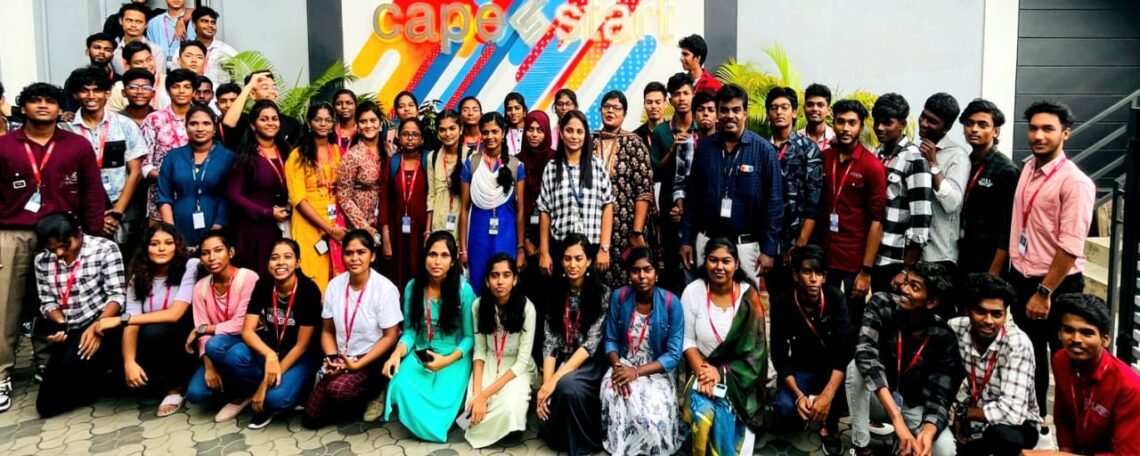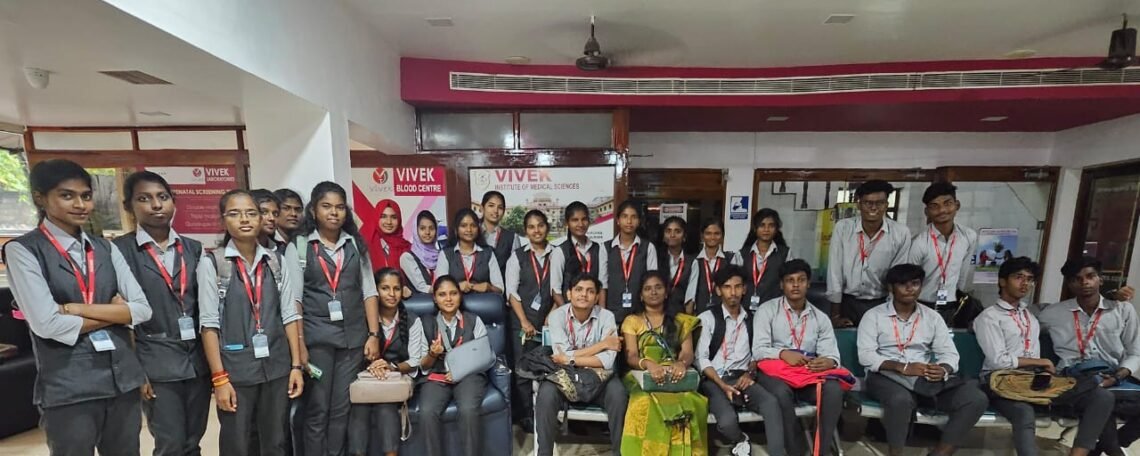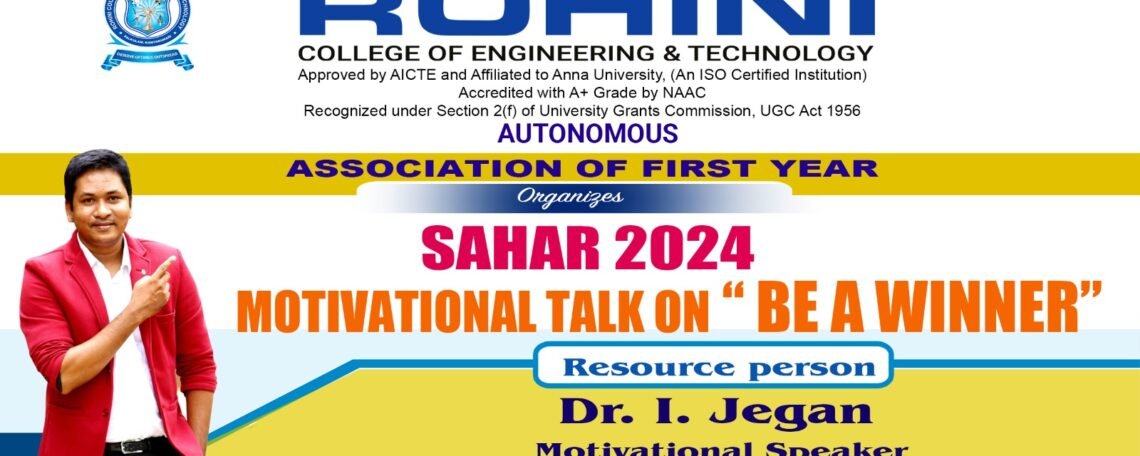RCET Second Semester CSE B Students Embark on Educational Tour to Cape Start Software, Filter House, and Mukkadal Dam
Nothing can beat experiential learning, especially when it comes from real leaders with clear-cut visions and missions. The second semester Computer Science Engineering (CSE) B students from RCET embarked on an educational tour that included visits to Cape Start Software Company, Filter House, and Mukkadal Dam in Nagercoil.
The day began with an enriching visit to Cape Start Software Company, where the students participated in various interactive sessions and presentations focused on careers in the software industry. These sessions were led by industry experts who shared their knowledge and experiences, providing the budding engineers with a memorable and inspiring look into their future career paths.



